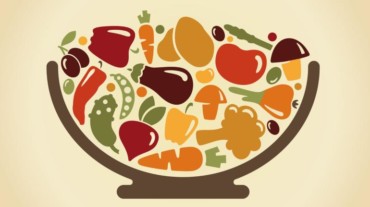Period diarrhea: Why does it happen and how to get rid of it
Pain, cramps, bloating and abdominal pain can all be normal during your period, but have you ever had diarrhea during your period? It’s definitely not a comfortable feeling. However, it is normal to have diarrhea before or during your period. The same hormonal changes that cause your uterus and its lining to contract can also affect your gastrointestinal (GI) tract.
While this isn’t usually a cause for concern, steps should be taken to either prevent or reduce your symptoms related to period poop. To learn more about this topic, Health Shots contacted Dr. Pooja C. Thukral, Associate Director – Obstetrician and Gynecologist, Cloudnine Group of Hospitals, Faridabad.
Why does period diarrhea occur?
according to dr Thukral is normal for hormonal changes during your period. This releases certain chemicals. These chemicals are known as prostaglandins. So when prostaglandins act on the uterus, a woman gets abdominal cramps, and when these chemicals are released in the intestines, diarrhea can occur.

Diarrhea is nothing more than an increased frequency of movement. These can be loose and watery.
It’s still not known exactly whether the prostaglandins released in the uterus are absorbed by the blood and make their way to the gut, or whether these chemicals are released in both the gut and uterus at the same time. While these are reasons for abdominal pain or bloating, women can also suffer from period diarrhea, also known as period poo.
How do you get rid of period diarrhea?
The following measures can help reduce the symptoms of diarrhea or period pain.
1. Increase your fiber intake
The easiest thing you can do to deal with period poo is to increase your fiber intake during your period. “A high-fiber diet consists primarily of salads and fruit. Coffee should be strictly avoided at this point as coffee is a natural laxative,” says Dr. Thukral. In addition, other foods such as artificial sweeteners, dairy, and spicy and high-sugar foods can also make your diarrhea worse.

2. Improve your fluid intake
If you’re prone to period diarrhea, you should increase your fluid intake, as prolonged diarrhea can make you dehydrated. To deal with dehydration, Dr. Thukral suggests taking an electrolyte solution, ORS, Glucon-D mixed with water or coconut water.

3. Drugs against prostaglandins
There are some medications that can reduce the release of prostaglandins in the body. dr So Thukral anticipates taking a pill before the start of the period. It will help you with period cramps as well as period diarrhea. However, according to experts, this is not routinely recommended. It should only be taken when the above general measures have not shown fruitful results.
4. Oral contraceptive pill
If you feel that one of the anti-prostaglandin medications doesn’t seem to be helping to treat period diarrhea, your gynecologist can prescribe you an oral contraceptive pill for a long-lasting effect.